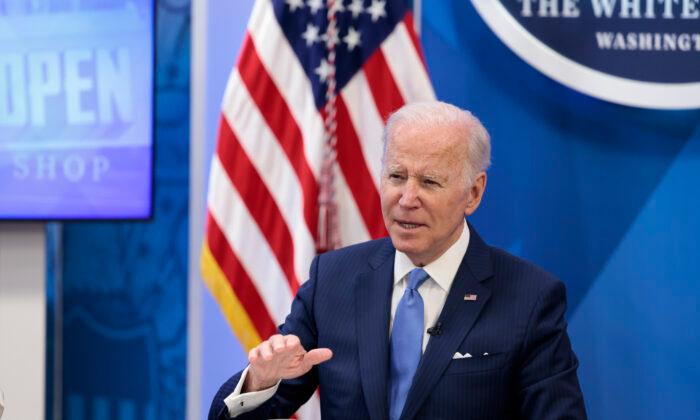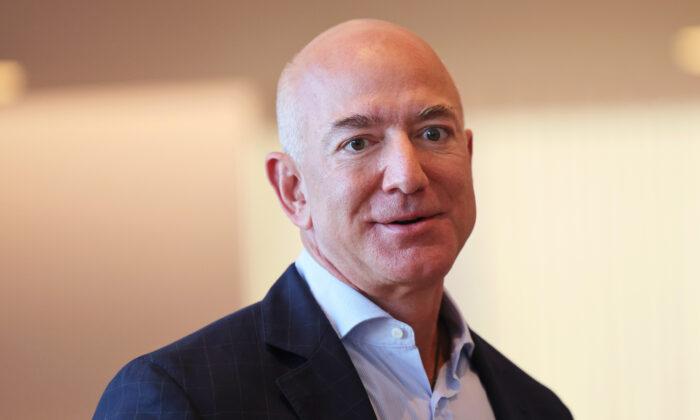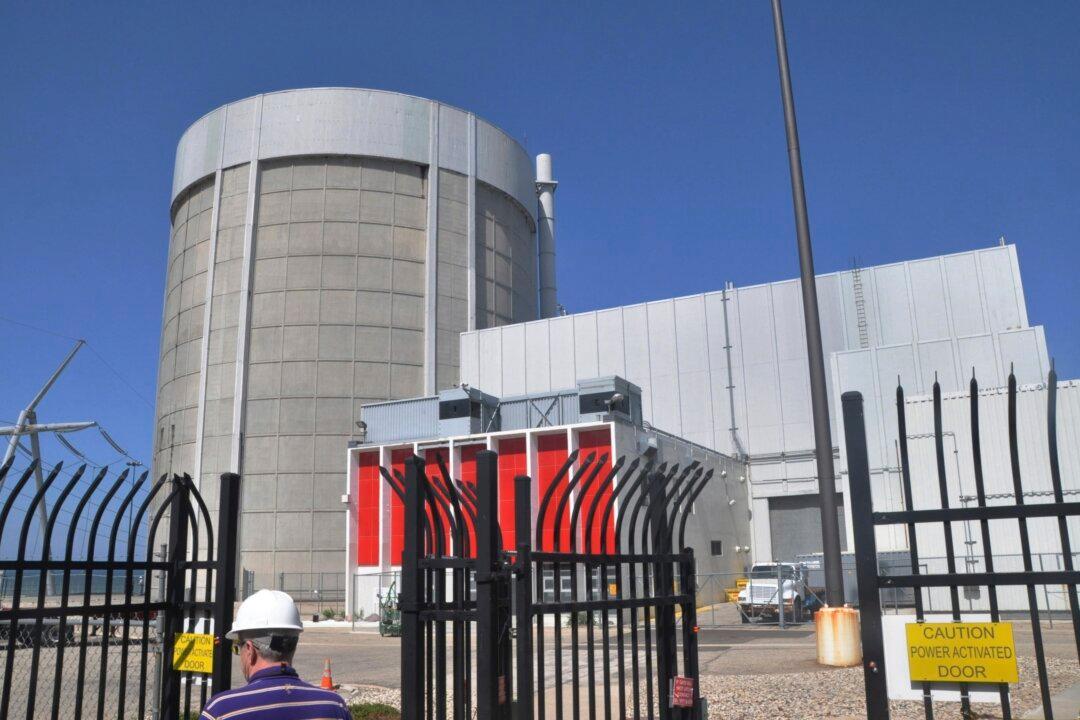Commentary
The notion that the leak of the Supreme Court’s draft opinion overturning the 1973 Roe v. Wade abortion decision has something to do with, of all things, inflation at first blush seems preposterous. And yet, the motive of the mystery figure responsible for the worst information breach within the halls of the Marble Palace at 1 First Street Northeast in history clearly was to substitute the most highly charged issue imaginable for consumers’ kitchen-table concerns.
No one was talking about the price of a loaf of bread or taxes the day after the 9/11 terrorist attack, and the obvious aim of this attack on the high court from within is that, come the November congressional elections, the suburban female swing vote’s anger at Republicans with regard to abortion will exceed their anger at Democrats for making it so much harder to make ends meet.
But hell hath no fury like a woman who realizes politicians are trying to pull the wool over her eyes. As the summer rolls on, it will become clear to the majority of Americans not immersed in the legalities of the abortion issue that despite the overturning of Roe there will still be
hundreds of abortion clinics in the United States, and that previously there has been “no consistent relationship between increases or decreases in clinic numbers and changes in state abortion rates,” according to the Guttmacher Institute, the research arm originally affiliated with Planned Parenthood, the
largest abortion provider in the country. How likely is it that they will be thinking more about abortion than inflation—especially four months after the court’s final decision is announced?
Remember the “
town hells” of Barack Obama’s first term, as the Tea Party movement bloomed, when constituents
demanded to lawmakers’ faces that they
stop spending their tax dollars on stimulus bills that didn’t stimulate and a government intrusion into health care? Picture the scene when voters realize Democrats are using one of the most divisive issues in the country to distract from the inflation that is largely the byproduct of their massive spending? Especially when the president who is the leader of the party
refuses to condemn the Supreme Court leak.
Sen. Joe Manchin (D-W.Va.) who, with Sen. Kyrsten Sinema (D-Ariz.), has opted out of some of his party’s radical agenda in the 50–50 U.S. Senate,
told CNN on May 4 that inflation, not abortion, was the “number one driving issue.” In a Fox News
poll of registered voters released May 3, the issue that far and away evoked the highest negatives for President Joe Biden was inflation, with 67 percent of those surveyed disapproving of his handling of the issue.
Businesses now
rank rising prices as their biggest concern, worrying that they'll have to raise employee wages and benefits, and “weighing the impact of rising costs of doing business with how much they can invest in talent—for both recruitment and retention,” according to Amy Friedrich, president of U.S. Insurance Solutions at Principal Financial Group in Des Moines. Only 7 percent of small businesses are not troubled about inflation affecting their firms, according to a
study conducted last month by SCORE, the nonprofit small business mentoring association affiliated with the U.S. Small Business Administration. Some 30.5 percent cited inflation as a top concern, while another 62.5 percent were generally concerned with rising prices.
SCORE’s inquiries showed that the overall economic picture for the more than 1,000 businesses that responded was bleak. Some 62.7 percent reported their profits in decline over the past six months, with only 15.5 percent reporting profits higher than expected. Sales have declined for 58.6 percent of the small-business owners surveyed, with expenses rising for 59.5 percent of them, compared with six months previous. The vendors and suppliers of 65.7 percent of these firms were charging more than they were six months ago. And 35.9 percent of the firms contacted reported cash flow problems. In this difficult environment, 54.8 percent of the business owners surveyed found it necessary to increase prices, with all but 7.8 percent hiking their prices by 5–20 percent—the average increase being 11 percent—resulting in a ripple effect leading to still more inflation and growing dangers of recession, which would be devastating to the economy so soon after the COVID lockdowns. Deutsche Bank, in fact,
forecasts an inflation-driven major recession on the horizon.
Aaron Mulherin, owner of AM Glass Repair in Marion, Iowa, near Cedar Rapids, told SCORE he was experiencing price increases of 12–15 percent on his materials every four to six weeks, forcing his firm “to purchase materials more than six months ahead of time to lock in lower prices, which causes cash flow issues.”
In another
poll by New York-based Clarify Capital, surveying over 500 small businesses, 61 percent were worried that today’s inflation environment would force them to close shop permanently.
Don’t count on the Federal Reserve to act as the cavalry coming over the hill to
save the day. As Manhattan Institute Senior Fellow Brian Riedl commented regarding the Fed’s 50-basis-point increase in the Federal Funds rate, which banks charge to lend to one another, it was “mostly expected” and “will still leave real interest rates negative, and far below what would be considered a neutral interest rate given today’s inflation and economic fundamentals.” Riedl added that “combating 8.5 percent inflation should involve regulatory reform” and “tariff removal,” not just tightening in monetary policy. “Congress and the president can help by avoiding any new expensive fiscal expansions.”
But don’t hold your breath on that. To the Democrats whose class struggle ideology dominates their party and the Biden administration, like Sen. Bernie Sanders (I-Vt.), inflation is really none other than “
corporate greed” at play.
Business owners show up at town halls more than most. When they behold Democratic congressmen and congresswomen paying a visit to those they represent and preferring to talk about abortion instead of inflation, while blaming entrepreneurs for the latter, it may well be the “town hells” of the Obama era all over again.






Friends Read Free